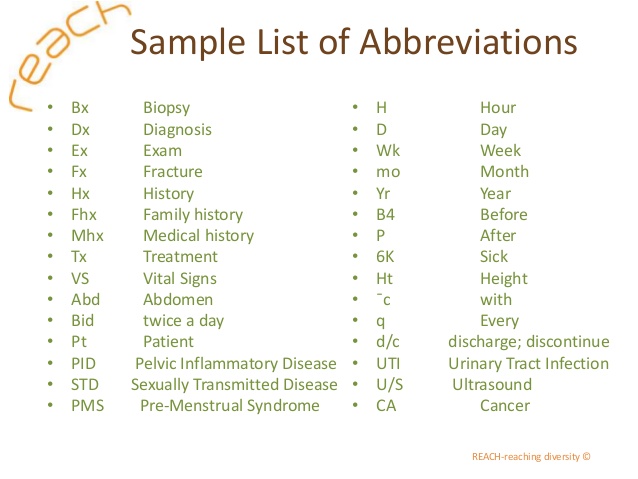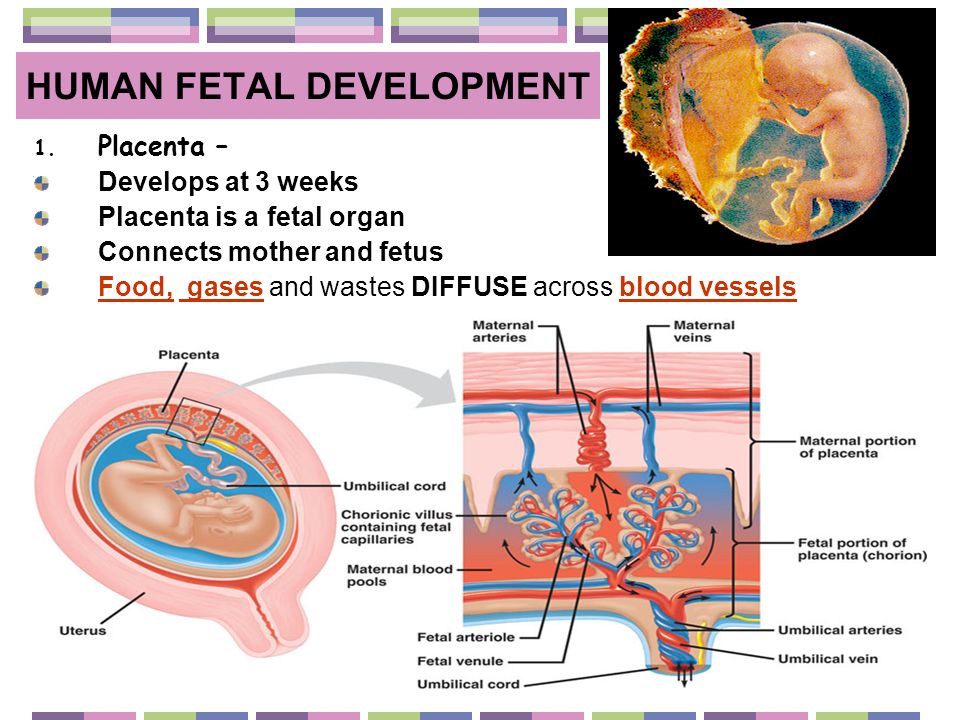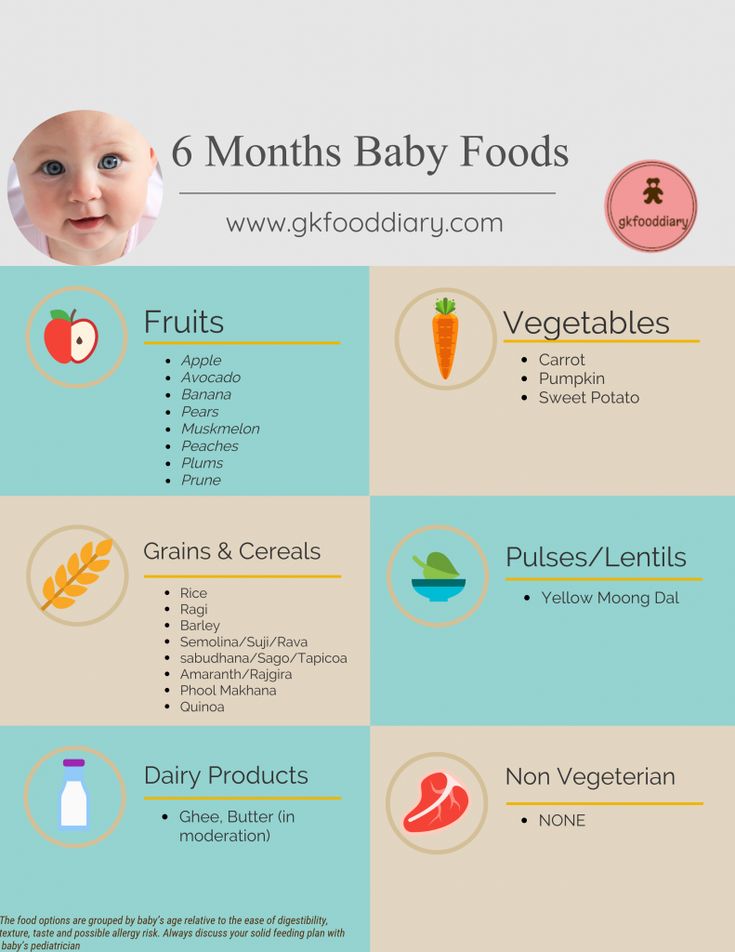How to adopt a child you have legal custody of
Child Custody & Adoption | Law for Families
Comstock Images/Comstock/Getty Images
Legal adoption occurs when both biological parents give up their parental rights to a non-biological parent or parents. The court then awards the adoptive parents full legal custodial rights over the child. Custody rights over a child can be either legal custody, physical custody or both. These rights may be held by biological parents, third parties or a state welfare agency. Obtaining custody over a child may be the first step toward adopting the child, particularly in the context of a state child-welfare agency and the foster care system.
Parental Child Custody
The most basic form of child custody is the child's biological parents. When parents divorce or are unable to agree on a custody arrangement, the court will make a determination as to which parent will have legal and physical custody. Legal custody refers to the right of the parent to make decisions concerning the child's medical care, education, religious affiliations, discipline and other factors that affect the child's life. Physical custody, also known as physical placement, refers to the residence where the child spends the majority of his time. The court makes custody decisions in the child's best interests and the court will consider the child's adjustment to his school, surroundings and community, the parent's wishes, the parent's background and ability to act as parent. The court considers the child's wishes, if the child is old enough to assert his preferences with regard to living arrangements and custody, generally around age 14.
Third-Party Child Custody
Non-parent third parties may obtain child custody rights when biological parents consent to the arrangement or if it becomes necessary under the circumstances to grant custody to a third party. Third-party custody rights may vest in a grandparent, a stepparent, an immediate family member or other adult with a strong relationship with the child. Courts may award third-party custody when the parents are unable to fulfill their roles due to reasons including substance abuse, incarceration, incapacity, absence from the state or country, deployment or death.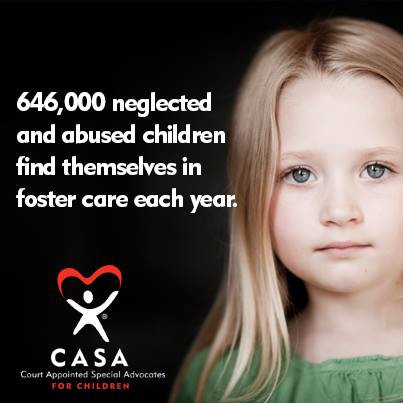
State Child Custody
If a child is abused, neglected or dependent, the state child-welfare department will assume custody over the child until the biological parents are able to overcome their parenting obstacles or their rights are terminated. Once a child has entered state custody, the state will arrange for the child to live with a foster family pending the outcome of the case. Generally, the biological parents have one year to work toward reunification with the child before child welfare changes the goal to termination of parental rights and adoption.
Adoption Following Custody
Adoption is only possible if the biological parents have given up their parental rights. Parents may give up their rights voluntarily or the court may terminate their rights after a finding that the parent has engaged in physical or sexual abuse, abandonment, neglect, alcohol- or drug-induced incapacity or suffers from mental illness. Once the court terminates legal parental rights, the court will examine adoptive resources for the children and most often will turn to the individual or family with the closest bond with the child. If a third party holds custody rights over the child, it is likely the court will inquire as to whether that party wishes to adopt. The same is true for a foster family who has cared for the child in the months or years preceding the termination of parental rights.
If a third party holds custody rights over the child, it is likely the court will inquire as to whether that party wishes to adopt. The same is true for a foster family who has cared for the child in the months or years preceding the termination of parental rights.
Adoption Procedures
Even if a child has lived with a third-party non-parent or foster family for a significant time, the state still must follow extensive procedures before officially recommending the adoptive placement. An individual or a family pursuing adoption through foster care must consent to a full home study, including interviews of others who live in the home and an inspection of the residence. Many states require adoptive parents to take parenting classes or participate in parent-child interaction therapy. For children adopted through the foster care system, a judge will not formally legalize the adoption until six months to a year after the court first placed the child with the family. Private adoptions not involving state custody may move more quickly, particularly if both parents consent to the arrangement.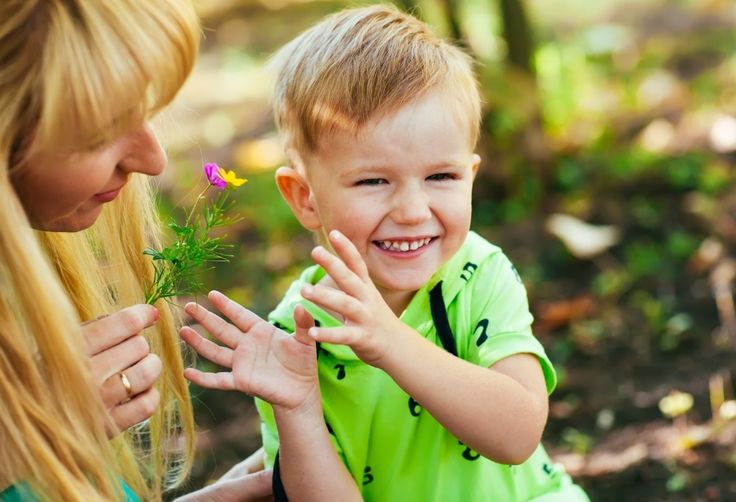
Virginia Department of Social Services
The purpose of adoption is to place children who have been permanently and legally separated from their birth parents with a new family. It is a social and legal process which gives new parent(s) the same rights and obligations as biological parents.
When you adopt, you expand your family by taking a child (or children) into your home as your own family member(s) and then care for and nurture them to adulthood and beyond. While foster care adoptions are the most frequent, there are several types of adoption such as international, stepparent, close relative, parental placement and adult adoption. This website is focused on foster care adoption.
Agency Versus Non-Agency Placements
Adoption procedures are governed by Chapter 12 of the Code of Virginia. There are only two types of adoptive placements that are allowed by Virginia law. These are agency placements and non-agency placements.
Agency Placements (placements through local departments of social services or licenced child placing agencies)
Agency placements occur when the child is in the custody of local department of social services (LDSS) or licensed child-placing agency. In this situation, all parental rights are terminated, custody with authority to place for adoption is granted to the agency, and the agency consents to the child's adoption.
The priority of the LDSS is to work with the family of origin or prior custodian to return the youth home. The goal is to place children home with their family of origin within 12 months and if the goal is changed to Adoption, it should be finalized within 24 months of a youth entering into foster care.
Non-agency Adoptions (parental, stepparent, adult, close relative and intercountry placements)
Non-agency adoptions involve children who are not placed in the custody of a local department of social services and are administered by License Child Placing Agencies (LCPA). In a non-agency placement, the birth parents or legal guardian(s) consent to the adoption and parental rights are terminated by entry of the final order of adoption. These types of adoptions are parental placement adoptions, step-parent adoptions, close relative adoptions and adult adoptions.
In a non-agency placement, the birth parents or legal guardian(s) consent to the adoption and parental rights are terminated by entry of the final order of adoption. These types of adoptions are parental placement adoptions, step-parent adoptions, close relative adoptions and adult adoptions.
- A parental placement adoption is one where the birth parent places the child own with the prospective adoptive parent(s).
- A step-parent adoption is one where termination of parental rights of one parent has occurred and a new parent, such as a new spouse is adopting the child.
- A close relative adoption is one where a close relative is adopting a youth.
- Adult adoptions occur when a person over the age of 18 is adopted by one or more persons. LDSS are not involved in these adoptions unless the Circuit Court orders the LDSS or LCPA to provide a report of investigation or a suitability report.
Contract All | Expand All
Who can adopt?
-
In order to adopt a child, you must be at least 18 years of age or older to be approved as an adoptive parent.
 Adoptive parents can be single, married, divorced or widowed but what is most important is that they have the time and energy to give a child a lifetime commitment.
Adoptive parents can be single, married, divorced or widowed but what is most important is that they have the time and energy to give a child a lifetime commitment.
The Commonwealth of Virginia does not prevent a person from becoming an adoptive parent based solely on their culture, religion, race, ethnicity, gender, sexual orientation, gender identity or gender expression, or marital/civil union or domestic partnership status.
If you are interested in becoming a foster parent with the goal of adoption, we encourage you to contact the department of social services in your locality to begin the process.
Who are the children?
-
Entry into foster care requires a Court commitment based on an abuse or neglect petition, a CHINS (child in need of services) petition, an entrustment, delinquency petition or request for relief of care and custody petition.

Children in foster care come from many different types of families and diverse backgrounds. They range in age from birth to 17 years of age. Their histories are often marked by trauma and loss, and many have special behavioral and physical needs. Therefore, it is essential that foster parents understand and are willing to meet the physical and emotional needs of children within the context of their culture.
If you are ready to take the next step, click here for more information about Virginia's waiting children.
How can I adopt? Do I have to be a foster parent?
-
The primary goal of all 120 local departments of social services is to achieve permanency through the higher priority goals of reunification and placement with kin. If those two goals are unattainable, the foster/resource parent often adopts. More than 75% of foster parents become the adoptive parent for children and youth in Virginia's foster care system.
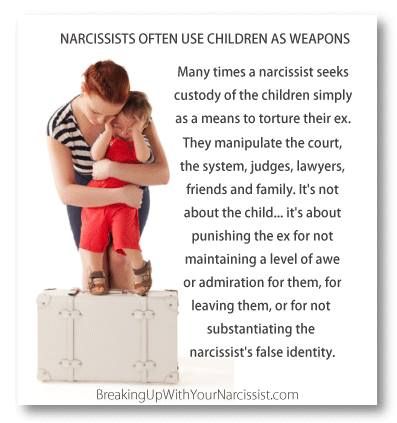 Any home where a foster child is placed must be approved as a foster home. This language can also be found in Licensed Child Placing Agency (LCPA) regulation: 22VAC40-131-200 B. Families can obtain dual certification based on the LCPA's license.
Any home where a foster child is placed must be approved as a foster home. This language can also be found in Licensed Child Placing Agency (LCPA) regulation: 22VAC40-131-200 B. Families can obtain dual certification based on the LCPA's license.
How do I adopt a child in Virginia if I reside in another state? What are the next steps?
-
The first step would be to contact your local department of social services to secure an approved adoption home study from your state of residence. Then contact 1-800-DO-ADOPT to discuss the process of interstate adoptions.
How can my new spouse adopt my child (their stepchild)?
-
It is recommended that you contact an attorney familiar with adoptions and work with your local circuit court to begin the adoption process. This type of adoption is considered a non-agency adoption, and therefore is not managed by social services.
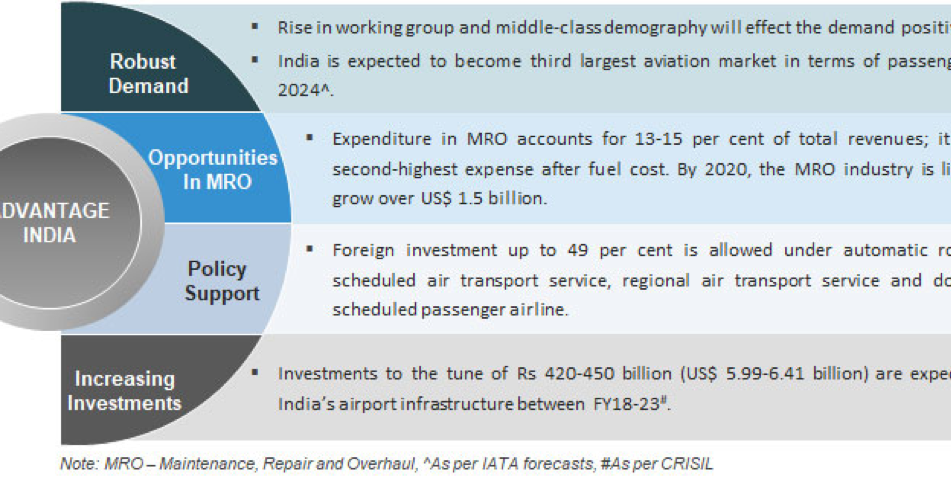
How are the costs of the child's health care paid?
-
Health insurance, such as Medicaid, may be available for an adopted child, but is based on the child's unique set of needs. The adoptive family can cover the child under their private insurance policy.
Will I be able to access services for the child after the adoption is finalized?
-
Services and assistance for children may be available based on the needs of the child. Joining an adoptive parent support group is a good way to get advice and assistance from experienced adoptive parents. Virginia also offers post-adoption services to support families, such as NewFound Families Virginia, Center for Adoption and Support (C.A.S.E), DePaul Community Resources and UMFS.
Will a past conviction affect my eligibility to adopt?
-
It depends on the nature, severity of the offense and the length of time that has passed since the conviction.
 Applicants with barrier crimes cannot be approved as an adoptive parent. A full list of barrier crimes can be found here.
Applicants with barrier crimes cannot be approved as an adoptive parent. A full list of barrier crimes can be found here.
Myth: You have to have a lot of money and own a house to adopt from foster care.
-
Fact: You don't need to own your own home, be wealthy, have children already, or be a stay-at-home parent to adopt. Most adoptions from U.S. foster care are free and any minimal costs associated with them are often reimbursable. In addition, there are many different types of post-adoption resources, such as medical assistance and financial adoption assistance, based on the special needs of a child to help support and sustain adoptions from the U.S. foster care system.
Myth: You can only adopt a child who is the same race and ethnicity as you.
-
Fact: Federal law prohibits the delay or denial of an adoptive placement based on the race or ethnicity of a child in U.
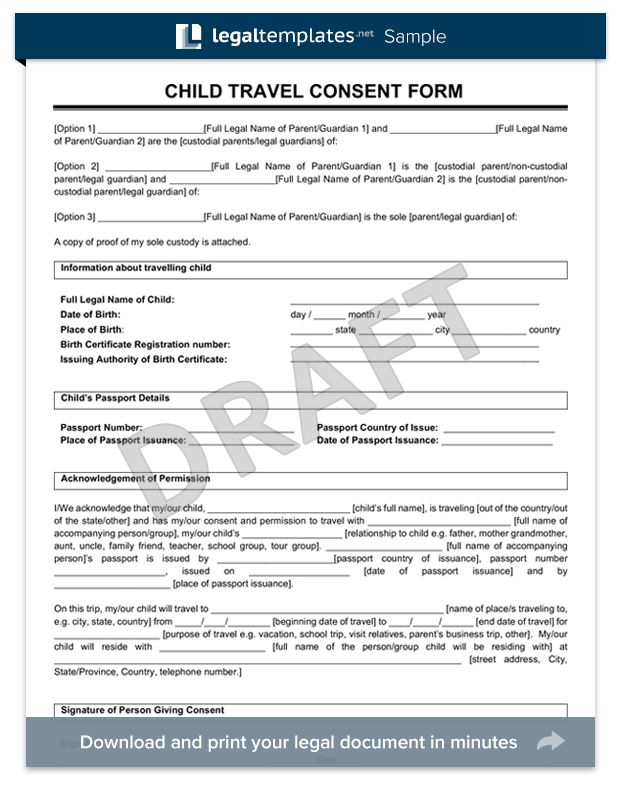 S. foster care and the prospective parent or parents who are seeking to adopt them. The only exception to this law is the adoption of Native American children where special considerations apply. The Child Welfare Information Gateway has a list of resources and information on transracial adoption and transcultural families.
S. foster care and the prospective parent or parents who are seeking to adopt them. The only exception to this law is the adoption of Native American children where special considerations apply. The Child Welfare Information Gateway has a list of resources and information on transracial adoption and transcultural families.
Myth: You have to be of child-bearing age to adopt.
-
Fact: Experienced parents and empty-nesters are encouraged to adopt. In Virginia, you can adopt if you are single or married and in most instances, regardless of age, income, disability, or sexual orientation.
Myth: You can't adopt if you're in the military.
-
Fact: Military families stationed overseas and within the U.S. are eligible to adopt children from the U.S. foster care system.
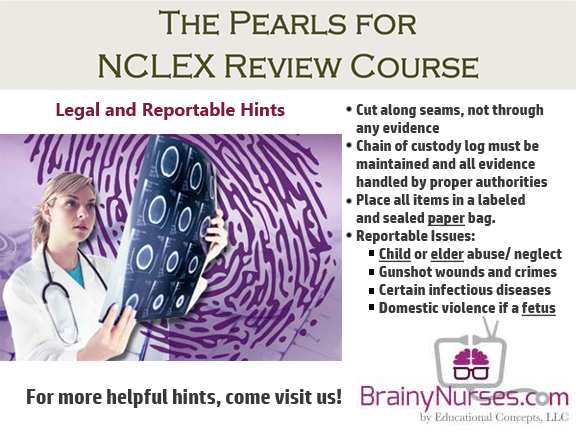 Find out more about adoption resources for military families.
Find out more about adoption resources for military families.
Myth: If you're the relative of a child in foster care, the system won't place the child with you.
-
Fact: By law, both maternal and paternal relatives of children in foster care are considered the preferred placement resource for children when they are able to provide for the child's safety and well-being. Find out more about being matched with a child.
Myth: You can't adopt a neighbor's child or one you know personally or professionally.
-
Fact: When children are in foster care, relatives and other important people in their lives (such as neighbors, godparents, family friends, etc.) sometimes become their primary caregivers (also called "kinship care providers"). If a child is unable to return home, and termination of parental rights has been ordered by a judge, a kinship provider may be approved to adopt the child.

Myth: You're not allowed to adopt children you foster.
-
Fact: In Virginia, approximately 30% of children in foster care are reunified with their birth families, approximately 19% are placed with relatives, and approximately 48% are adopted. When a child cannot return home and termination of parental rights has been ordered by a judge, the local department of social services will explore adoptive placement options, including the child's foster placement.
Myth: All children in foster care have special needs and require special education.
-
Fact: Many children in foster care are regular children who unfortunately had to be removed from their families due to abuse or neglect. The term "special needs" simply refers to children who qualify for adoption assistance due to specific factors or conditions such as:
- Being an older child
- Having a particular racial or ethnic background
- Being part of a sibling group needing to be placed together as one unit
- Having physical, mental, or emotional conditions
Myth: It's easier and faster to adopt internationally than from U.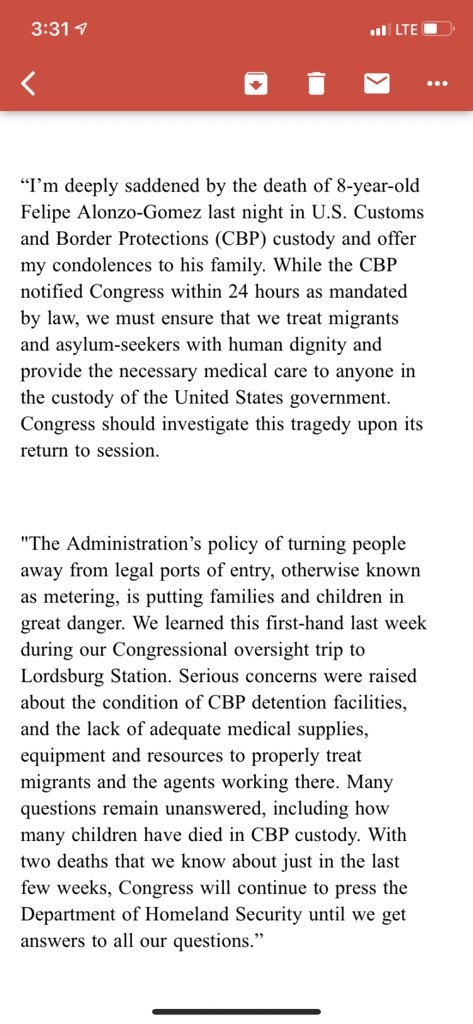 S. foster care.
S. foster care.
-
Fact: Most adoptions from U.S. foster care are free and any minimal costs associated with them are often reimbursable. In recent years, international adoptions from Hague Convention countries, cost anywhere between $6000 and $27,820 (Annual Report on Intercountry Adoption).
In 2020 there were 57,881 children adopted through U.S. foster care while only 1,785 children were adopted by U.S. citizens from all international sources combined.
Regulations governing international adoptions have made adoption from other countries more challenging for U.S. citizens. These regulations, which can be found on the U.S. Department of State's Intercountry Adoption website, are aimed at protecting the rights of children and birth parents, coupled with more aggressive efforts to locate adoptive resources inside of countries that have traditionally permitted their children to be sent abroad.

In FY 2016, 83.4% of adoptions from U.S. foster care finalized in less than 18 months (Children's Bureau Adoption Data). The average time it took to complete an international adoption in 2021 from Hague Convention countries ranged from 266 days to over four years (Annual Report on Intercounty Adoption).
In Virginia, there are approximately 700 foster care youth in need of a "forever family"!
Resources for Adoption
- Post-Adoption Consortium
- AdoptUSKids
- Dave Thomas Foundation
- Federal Adoption Tax Credit
- National Adoption Association
- NewFound Families of Virginia
- Virginia Kids Belong
Forms
-
- AREVA Family Registration (PDF)
- Acknowledgement (PDF)
- Addendum Request to the Assistance Agreement (PDF)
- Addendum to the Adoption Assistance Agreement (PDF)
- Adoptee Application for Disclosure (PDF)
- Adoption Assistance Agreement (PDF)
- Adoption Assistance Screening Tool (PDF)
- Adoption inquiry
- Adoptive Parent Application for Disclosure (PDF)
- Adult Birth Sibling Application for Disclosure (PDF)
- Annual Affidavit for Adoption Assistance (PDF)
- Application for Assistance (PDF)
- Birth Parent Application for Disclosure (PDF)
- Certificate of Service (PDF)
- Certification (PDF)
- Child's Virginia Adoption Assistance Paper Case Record - Checklist (DOC)
- Commissioner's Confidential Report (DOC)
- Consent to Adoption (DOC)
- Entrustment Agreement for Permanent Surrender of a Child (PDF)
- Family Services Appeal Request (PDF)
- Family Services Notice of Action and Right to Appeal (PDF)
- Family Services Summary of Facts (PDF)
- Full Disclosure of Child Information (DOC)
- Home Study - Parental Placement Adoption (PDF)
- Information Sheet on the Virginia Adoption Assitance Program (PDF)
- Negotiation Report (PDF)
- Placement Agreement - Adoptive Home (PDF)
- Post-Adoption Contact & Communication Agreement (PDF)
- Referral for Negotiations (PDF)
- Relative Update to an Adoption Record (PDF)
- Report of Inquiries (DOC)
- Report of Investigation (DOC)
- Report of Investigation - Adult Adoption (PDF)
- Report of Investigation - Stepparent Adoption (PDF)
- Report of Suspected Violations (PDF)
- Report of Visitation (PDF)
- Supplemental Report of Investigation or Visitation (PDF)
- Virginia Birth Father Registry-Registration Form (PDF)
- Virginia Birth Father Registry-Request to Search (PDF)
- Virginia Worksheet for Assessing & Negotiating Adoption Assistance (DOC)
- Waiver of Full Name & Address in a Parental Placement Adoption - Suggested Format (PDF)
- Worksheet for Assessing and Negotiating Adoption Assistance- Spanish (PDF)
Guidance & Procedures
-
- Adoption and Safe Families Act: Applying the Notice and Right to Be Heard Provision in Virginia's Juvenile and Domestic Relations District Courts (PDF)
- Intercountry Placement Adoption (PDF)
- Interstate/Intercountry Placement of Children (ICPC)
- Quick Facts: The Foster-To-Adopt Process (PDF)
- Steps To Adoption (PDF)
Guidance Manuals - Adoption
-
Order Printed Copies of VDSS Manuals
Effective 07-01-2022
- Section 1: Adoption Overview (PDF)
- Section 2: Adoption Assistance (PDF)
- Section 3: Finalizing the Adoption (PDF)
- Section 4: Post-Adoption Services (PDF)
- Section 5: Adoption Disclosure Process (PDF)
- Section 6: Non-Agency Placement Adoptions (PDF)
- Section 7: Other Court-Ordered Services (PDF)
- Section 8: Virginia Birth Father Registry (PDF)
- Transmittal 301 (PDF)
Effective 02-01-2022
- Section 1: Adoption Overview (PDF)
- Section 2: Adoption Assistance (PDF)
- Section 3: Finalizing the Adoption (PDF)
- Section 4: Post-Adoption Services (PDF)
- Section 5: Adoption Disclosure Process (PDF)
- Section 6: Non-Agency Placement Adoptions (PDF)
- Section 7: Other Court-Ordered Services (PDF)
- Section 8: Virginia Birth Father Registry (PDF)
- Transmittal 299 (PDF)
Effective 07-01-2019
- Section 1: Adoption Overview (PDF)
- Section 2: Adoption Assistance (PDF)
- Section 3: Finalizing the Adoption (PDF)
- Section 4: Post Adoption Services (PDF)
- Section 5: Adoption Disclosure (PDF)
- Section 6: Non-Agency Placement Adoptions (PDF)
- Section 7: Other Court-Ordered Services (PDF)
- Section 8: Virginia Birth Father Registry (PDF)
- Transmittal 282 (PDF)
Effective 11-01-2017
- Section 1: Adoption Overview (PDF)
- Section 2: Adoption Assistance (PDF)
- Section 3: Finalizing the Adoption (PDF)
- Section 4: Post Adoption Services (PDF)
- Section 5: Conducting a Disclosure Search (PDF)
- Section 6: Non Agency Placement Adoptions (PDF)
- Section 7: Other Court Ordered Services (PDF)
- Section 8: Virginia Birth Father Registry (PDF)
- Transmittal 277 (PDF)
Publications
-
- Steps to Adoption (PDF)
- VAdopts Campaign in Review 2013 (PDF)
adoption procedure, conditions, documents, rights and obligations of adoptive parents
Tamara Skokova
creates a benefit for the family
Author profile
As of the beginning of 2021, 37 thousand children were brought up in Russian orphanages.
In the understanding of many people, "to adopt a child" means to take an orphan from an orphanage. However, from a legal point of view, everything is not so simple. Today in Russia there are several forms of family placement for children, and they are regulated differently by law. nine0003
I worked in the guardianship and guardianship authorities for 17 years, 14 of them as a supervisor. In the article I will tell you who and under what conditions has the right to take a child into a family, what documents are required for adoption and how the procedure takes place.
What is adoption of a child
In Russia, there are several forms of placement of orphans and children left without parental care. Federal legislation establishes three main ones: adoption, guardianship and guardianship, foster family. At the regional level, others may be provided, but so far this is only patronage. Briefly describe how they differ from each other. nine0003
Custody and guardianship. The most common form of placement for children: often used as an intermediate step on the path to adoption.
The most common form of placement for children: often used as an intermediate step on the path to adoption.
Guardianship and Custody Act
Guardianship is established over children under 14 years of age, and guardianship over minors from 14 to 18 years of age. Guardians and trustees have all the rights and obligations of a legal representative in matters of upbringing, education, maintenance of the child and responsibility for him.
Unlike the guardian, the guardian is liable for harm caused by the ward. He is also obliged to make all transactions on behalf of the ward, except for those that the child can conclude personally: for example, these are donation transactions when a minor receives some thing or money as a gift. nine0003
Art. 1073, paragraph 2 of Art. 26 of the Civil Code of the Russian Federation
The trustee usually must give consent to the transactions of the ward, with a few exceptions: for example, minors aged 14 to 18 years have the right to independently manage their income or make small household transactions.
Art. 12.1 of the Federal Law on state benefits to citizens with children
p. 3 art. 38.1 of the Social Code of the Belgorod Region
Monthly, the guardian and trustee are paid an allowance for the maintenance of an orphan child. Its size depends on the region: for example, in the Belgorod region, where I live, in 2022 the allowance is 10,310 R.
In addition, guardians are entitled to a one-time payment from the federal budget - 22,472.77 RUR. This amount is set for all guardians from the Russian Federation, regardless of place of residence.
Lump-sum allowance when a child is brought up to a family
If a child is brought up by a guardian or custodian, the biological parents are not released from the obligation to support him and must monthly transfer alimony to his personal account: the amount of alimony is determined by the court.
Art. 148, paragraph 2 of Art. 71 SK RF
At the same time, the guardian decides whether the biological parents will be able to communicate with the child, but if the child is 10 years old, then his opinion will also be taken into account.
Art. 148.1 SK RF
Foster family. This form of arrangement is similar to guardianship, but in addition to child support and a lump sum payment, foster parents also receive remuneration for their work.
Art. 152 SK RF
The amount depends on the region of residence. For example, in 2022 in Moscow it is 18,150 R, and if a family accepts a child with a disability, then the amount of the payment will be higher - 30,885 R.
Clause 2.5.1 of Appendix 1 to the Decree of the Government of Moscow on establishing the amount of social payments for 2022
In the Belgorod Region, foster parents are paid 8288 R per month for the first child taken into the family, and for each subsequent adopted child the amount is increased by 20%. If a family accepts up to four children, the remuneration is paid to one of the parents, five or more children to both. In rural areas, there is still a monthly supplement of 25% of the remuneration due to foster parents. Foster parents have more privileges than guardians: they are provided with a 50% discount on utility bills, fuel, gas, telephone. nine0003
Foster parents have more privileges than guardians: they are provided with a 50% discount on utility bills, fuel, gas, telephone. nine0003
paragraph 5 art. 148.1 of the RF IC
Law of the Belgorod Region on Foster Family
Law of the Belgorod Region on Amendments to Article 2 of the Law of the Belgorod Region “On Foster Family”
The seniority can be accrued to both one parent and both - it all depends on who has concluded a civil law contract with guardianship.
Art. 7 Federal Law on compulsory pension insurance
The foster child and biological parents can communicate. Foster parents have the right to prevent this only if communication does not meet the interests of the child.
Section 5, Art. 148.1 SK RF
Patronage . Foster care is a relatively new form of family structure, in which the rights and obligations to protect the rights of children are delimited between the foster caregiver and the guardianship and guardianship authority.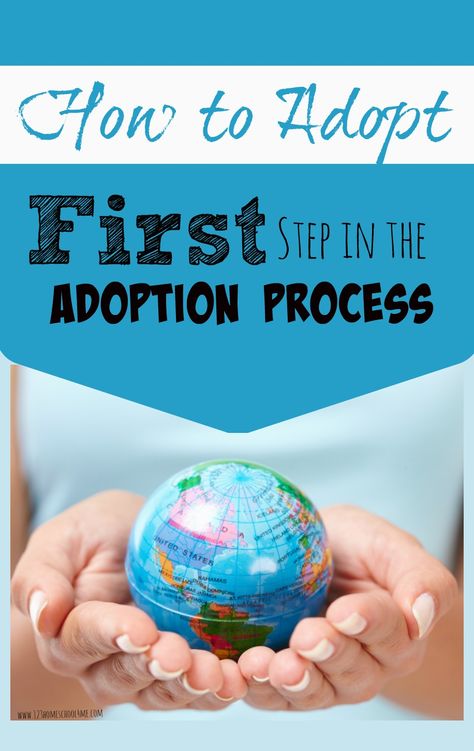 Laws supporting patronage have been adopted in 42 constituent entities of the Russian Federation, for example, in Moscow, Vladimir, Kaluga, Ivanovo and Kaliningrad regions. nine0003
Laws supporting patronage have been adopted in 42 constituent entities of the Russian Federation, for example, in Moscow, Vladimir, Kaluga, Ivanovo and Kaliningrad regions. nine0003
Laws and regulations on patronage of the Moscow, Vladimir, Kaluga, Ivanovo, Kaliningrad regions shelter.
The child is transferred to foster care under a fixed-term contract. The period of stay in the family is set individually: it can be a short period - up to six months or a long one - over six months. The maximum term is until the minor reaches the age of eighteen. nine0003
For a long time, a child is placed in a foster family only if, for some reason, it is not possible to transfer the child to a guardian, custodian or foster family. In this case, the foster family receives a monthly allowance from the state for the maintenance of the child. The amount is similar to that allocated for guardianship and guardianship. But the right to receive a one-time allowance when a child is adopted into a family does not apply to foster parents.
Foster care gives the child the opportunity to prepare for an independent adult life - this is difficult to do in an orphanage. But this form of arrangement has one big drawback - children often become attached to new families and parting with it causes them stress. With all this, the child does not lose touch with the blood family: he can maintain relations with his parents, if they are not deprived of parental rights and do not pose a danger to him, brothers, sisters and other people significant to him. nine0003
/list/sos-dd/
9 uncomfortable questions about orphans
Adoption. The Family Code of the Russian Federation considers this form of placement of children a priority: only it allows you to most effectively ensure both the interests of the child and the interests of foster parents.
Adoptive parents completely replace the child's parents. Here there is no such temporary nature of upbringing as in guardianship, guardianship or when transferring a child to a foster family. The state does not provide adoptive parents with any special assistance, with the exception of social support measures established in each subject separately, as well as measures that are provided to all families with children on a general basis. nine0003
The state does not provide adoptive parents with any special assistance, with the exception of social support measures established in each subject separately, as well as measures that are provided to all families with children on a general basis. nine0003
Adoptive parents can change the child's first and last name. For children under one year old, even the date of birth can be changed, but not more than three months from the actual one. This happens in order to ensure the secrecy of the adoption, as well as for other reasons, if the court considers them valid. In my practice, there was such a case: the spouses raised an adopted boy born on September 8, 2007, and then adopted a girl born on July 25, 2007. The adoptive parents asked the court to change the boy's date of birth to July 25, 2007, so that the children could be considered twins. The court granted the request. nine0003
Art. 139 SK RF
art. 155 of the Criminal Code of the Russian Federation
In many regions, adoptive parents receive benefits for an adopted child. To apply for it, you must apply to the guardianship authorities at the place of residence. For example, in the Belgorod region, the amount of the allowance depends on how much money was allocated for the monthly maintenance of a child in an orphanage in the current year, the adoptive parent is entitled to 50% of this amount. And in the Stavropol Territory, a monthly allowance for adoptive parents is not provided, but a lump sum payment is made - 150,000 R.
To apply for it, you must apply to the guardianship authorities at the place of residence. For example, in the Belgorod region, the amount of the allowance depends on how much money was allocated for the monthly maintenance of a child in an orphanage in the current year, the adoptive parent is entitled to 50% of this amount. And in the Stavropol Territory, a monthly allowance for adoptive parents is not provided, but a lump sum payment is made - 150,000 R.
cl. 1 art. 60 of the social code of the Belgorod region
art. 2 of the Law of the Stavropol Territory on the amount and procedure for assigning a lump-sum allowance to adoptive parents
In Moscow, the monthly compensation payment to persons who have adopted or adopted an orphan child or a child left without parental care in the city of Moscow is:
- 18 937 R for each child from 0 to 12 years old who is not a disabled child;
- 25,249Р for each child from 12 to 18 years old who is not a child with a disability;
- R 31,561 for each disabled child.
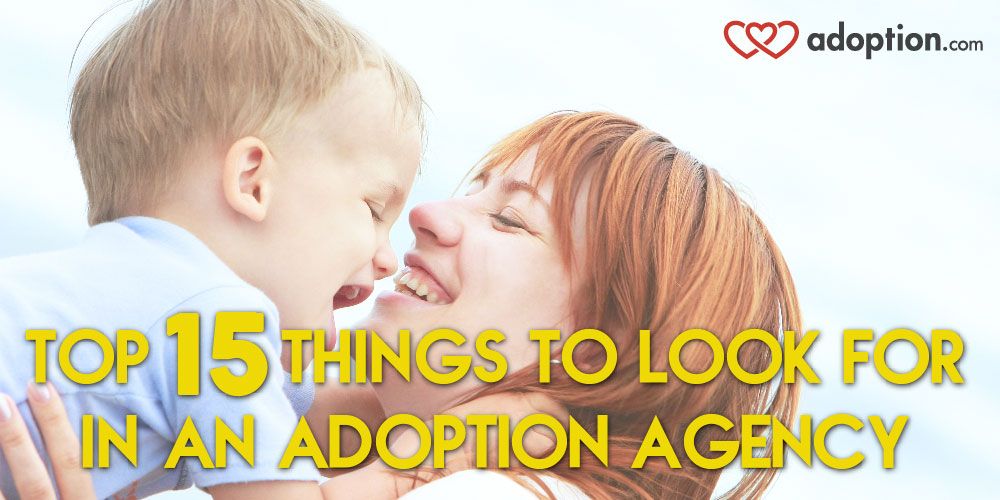
Clause 2.9 of Appendix 1 to the Decree of the Government of Moscow on establishing the amount of social payments for 2022
Also, adoptive parents are entitled to a lump-sum allowance, which is issued for all forms of family placement. From February 1, 2022, this is 20,472.77 R. But in the case of the adoption of a disabled child, a child over seven years old, as well as children who are brothers or sisters, the allowance will be higher - 156,428.66 R. To receive a payment, you need to apply to the Pension Fund at the place of residence. nine0003
Lump-sum allowance when a child is placed in a family for upbringing
What is the difference between the forms of placement of a child in a family
| Form | Who is considered the child's parents | What rights do carers have | What are the duties of caregivers | How the state supports child caregivers |
|---|---|---|---|---|
| Adoption | Adoptive parents | The rights of adoptive parents are identical to those of natural parents | Obligations of adoptive parents are identical to those of natural parents | Adoptive parents receive payments provided by the regional authorities.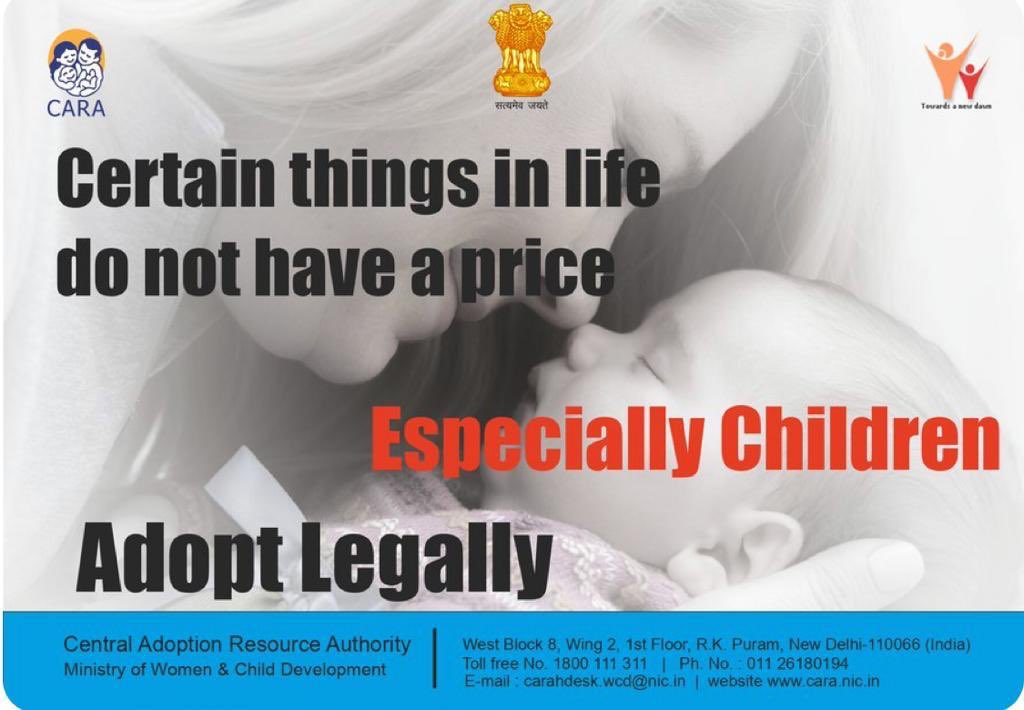 Also, adoptive parents receive the right to use maternity capital, if it was not used by the birth mother, and all child benefits in accordance with age. A child who at the time of adoption has the right to a pension and benefits due to the death of his parents retains this right after adoption Also, adoptive parents receive the right to use maternity capital, if it was not used by the birth mother, and all child benefits in accordance with age. A child who at the time of adoption has the right to a pension and benefits due to the death of his parents retains this right after adoption |
| Custody and guardianship | Blood family | The guardian or custodian has the right to raise the child and act as his legal representative | Guardians and trustees are obliged to take care of the maintenance of the wards, to provide them with care and treatment, to protect their rights and interests. At the same time, biological parents are not released from the obligation to pay alimony | Guardians and custodians receive a one-time allowance upon adoption of a child into a family, allowance for the maintenance of a ward, alimony payments, survivor's pension, if it is due to the child |
| Foster family | Blood family | Similar rights as under guardianship | Similar duties as under guardianship | The foster family receives a one-time allowance when the child is adopted into the family, a monthly remuneration to the foster parent for the performance of duties and an allowance for the maintenance of the child in the family of the guardian, depending on the legislation of the region, benefits for utilities. The period while the child is in the family is counted towards the foster parents in the insurance period The period while the child is in the family is counted towards the foster parents in the insurance period |
| Patronage | Blood family | Determine the daily routine of the pupil, resolve current issues of the pupil's life in accordance with the plan for the protection of the rights of the child and the concluded agreement | Raise a child, protect his rights and legitimate interests, take care of his health and development | The amount of payment for a foster caregiver is determined by a fixed-term employment contract of the region. The monthly payment to foster care providers for the maintenance of an orphan child or a child left without parental care is established by each region separately |
Adoption
Who is considered the parents of the child
adoptive parents
What rights arise in persons to care for the child
Rights of the adoptive parents are identical to blood parents
What are the obligations to ensure care of child
The obligations of adoptive parents are identical to those of natural parents
How the state supports persons providing care for a child
Adoptive parents receive benefits provided by the regional authorities. Also, adoptive parents receive the right to use maternity capital, if it was not used by the birth mother, and all child benefits in accordance with age. A child who at the time of adoption is entitled to a pension and benefits due to the death of his parents retains this right after adoption
Also, adoptive parents receive the right to use maternity capital, if it was not used by the birth mother, and all child benefits in accordance with age. A child who at the time of adoption is entitled to a pension and benefits due to the death of his parents retains this right after adoption
Guardianship and guardianship
Who is considered the child's parents
Blood family
What rights do caregivers have
A guardian or custodian has the right to raise a child and act as his legal representative.
What obligations do persons who provide care for a child have? At the same time, biological parents are not released from the obligation to pay alimony
How the state supports child caregivers
Guardians and guardians receive a one-time allowance for the adoption of a child into a family, support for the maintenance of a ward, alimony payments, survivor's pension, if the child is entitled to it
Foster family
3
3 Who is considered the child's parents
Blood family
What rights do caregivers have
Similar rights as in guardianship and guardianship
What are the obligations of persons providing care for a child
Similar obligations as in guardianship and custody
How the state supports persons providing care for a child for the performance of duties and allowance for the maintenance of a child in the family of the guardian, depending on the legislation of the region, benefits for utilities. The period while the child is in the family is counted towards the foster parents in the insurance period
The period while the child is in the family is counted towards the foster parents in the insurance period
Employment
Who are considered the parents of the child
Blood family
What rights do caregivers have
Determine the child’s daily routine, resolve current issues of the child’s life in accordance with the contract and child protection plan
What are the responsibilities of those who care for a child
Raise a child, protect his rights and legitimate interests, take care of his health and development
How the state supports child caregivers
The amount of payment for a foster caregiver is determined by the region's fixed-term employment contract. Monthly payment to foster care for the maintenance of an orphan or a child left without parental care is established by each region separately
Who can adopt a child
Married couples or single adults can adopt a child: if citizens are not married to each other, they cannot jointly adopt the same child.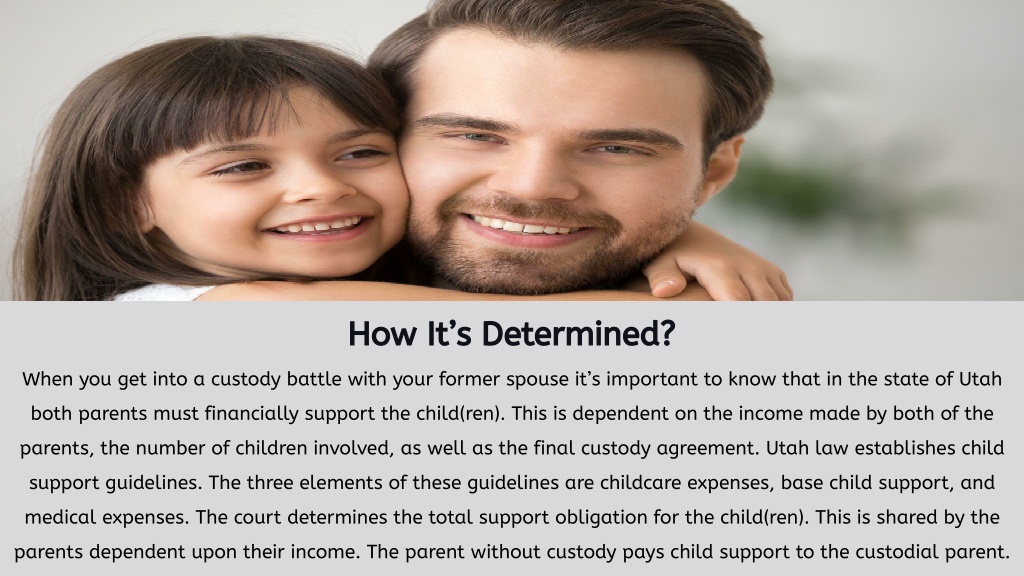 nine0003
nine0003
Art. 128 SK RF
Decree of the Government of the Russian Federation on approval of the rules for the transfer of children for adoption
Another important condition is that a man or woman must reach the age of majority, and the age difference between the adopter and the child must be at least 16 years. But if the adoptive parents are a married couple, and the age difference is less than the established norm with only one of them, then the guardianship department may, as an exception, give consent.
Other requirements for an adopter:
- Legal capacity: own and spouse, if any.
- Absence of a conviction for a grave and especially grave crime.
- A health condition that allows you to fulfill parental responsibilities: for example, a child will not be allowed to be adopted by patients with tuberculosis or people with disabilities of the first group.
- Home ownership or rental.
- Substitute parents have a school leaving certificate.

- No information about deprivation or restriction of parental rights, cancellation of adoption, removal from the duties of a guardian. nine0120
If there are several people who want to adopt a child, his relatives will have the priority right, but taking into account the interests of the adoptee: they are expressed in trusting relationships, attachment to relatives, long-term cohabitation.
Community 24.05.22
How is the secrecy of adoption protected in Russia?
Next, I will tell you what documents future parents will need to collect and how the adoption procedure goes.
Step 1
Get to know the guardianship authorities at your place of residence As a rule, there is an adoption specialist in each district municipality. He can work both at the education department and at the department of social protection of the population: this needs to be clarified in the social protection or education authorities at the place of residence.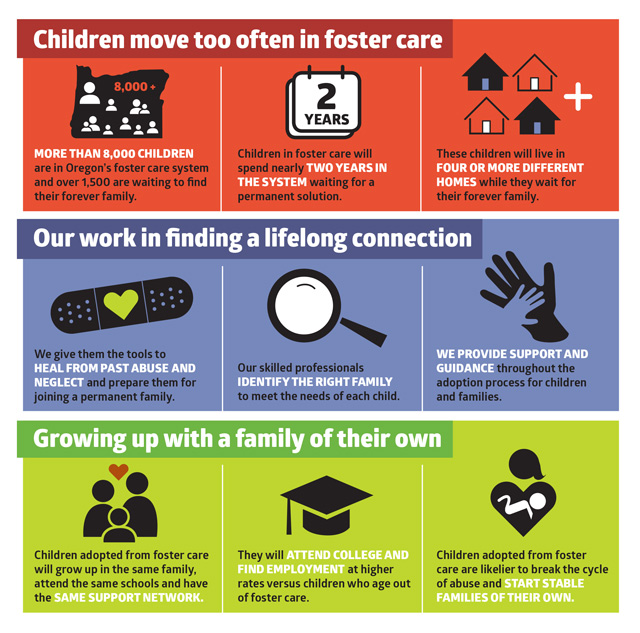
In some cities, for example, in St. Petersburg, Vladimir, Krasnoyarsk, special adoption and guardianship centers have been created, where future adoptive parents are assisted in paperwork, passing medical examinations, and selecting children. Such an integrated approach greatly simplifies and speeds up the entire procedure. nine0003
Center for Family and Children Assistance, St. Petersburg
Center for the Development of Family Forms of Education, Krasnoyarsk
Center for Psychological, Pedagogical, Medical and Social Assistance, Vladimir
At the first visit, candidates for adoptive parents should simply talk with an employee of the guardianship authority is, in fact, an acquaintance. The task of a specialist is to listen to you, to find out the motive for adoption, to understand how fully you understand the responsibility of such a step, whether your housing, family and material conditions meet the requirements of the law. nine0003
The guardian must explain your future rights and obligations in relation to the adopted child, the procedure for the adoption procedure, answer your questions, and issue the necessary forms, referrals and a list of documents. Here it is:
Here it is:
- A copy of the adoptive parent's marriage certificate, if he is not married, then a copy of the birth certificate: sometimes the court asks him to see if the adoptive parent's surname has changed.
- Passport copies. nine0120
- Original and copy of the medical certificate for each of the adoptive parents.
- Certificate of criminal record or non-conviction.
- When a child is adopted by one of the spouses, the consent of the other spouse or a document confirming that the spouses have terminated family relations and have not lived together for more than a year.
- Certificate from the place of work on the position held and salary, or a copy of the income statement or other document confirming the income of the adoptive parent or family of adoptive parents. nine0120
- Documents confirming the right to use the residential premises or the ownership of the residential premises.
- Certificate of completion of training for persons wishing to adopt a child without parental care into their family.
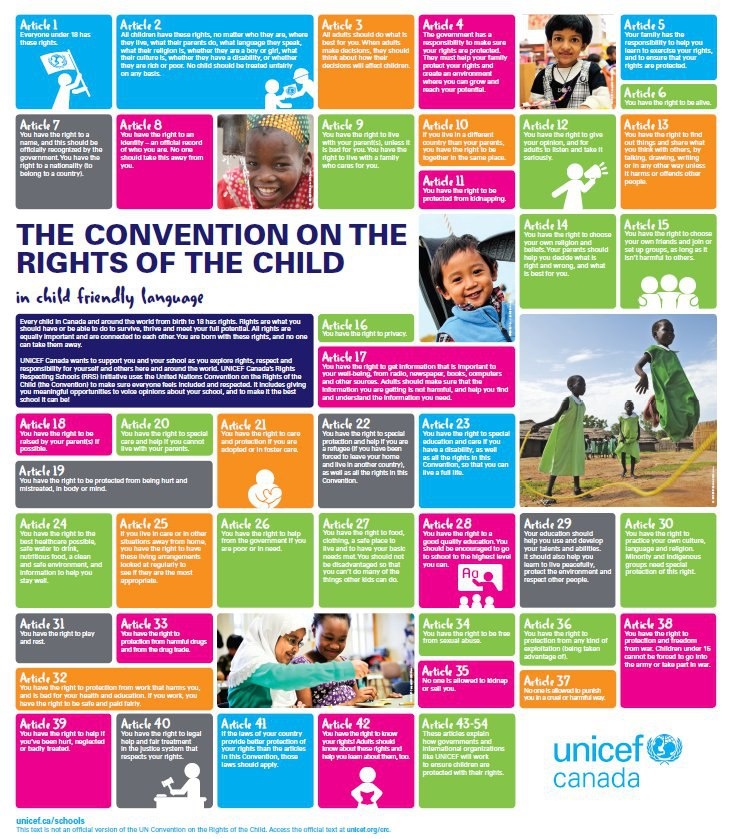
- CV (needed only for the guardianship authority).
The main part of the documents is required to obtain an opinion from the guardianship authorities on the possibility of being an adoptive parent. Later, they will also be needed to apply for adoption to the court. Documents for the child will be prepared by guardianship officials. nine0003
Step 2
Obtain a certificate of no criminal recordI recommend that you start collecting documents from this certificate. Since the request is sent to the Main Information Center of the Ministry of Internal Affairs, a response will have to wait from a week to a month.
An application for issuing a certificate can be filled out at the MFC or independently on the public services portal.
/guide/ne-sudim/
Why do you need a certificate of non-conviction
To order a certificate through the public services portal, you need to go to your personal account and select the public service: "Obtaining a certificate of the presence (absence) of a criminal record. " Source: gosuslugi.ru This is what a certificate of no criminal record looks like
" Source: gosuslugi.ru This is what a certificate of no criminal record looks like Step 3
Pass a medical examinationPeople without serious health problems can take a child from an orphanage.
The list of diseases preventing adoption includes:
- Tuberculosis - patients of the 2nd and 3rd dispensary groups.
- Infectious diseases.
- Mental illness.
- Drug and alcohol addiction, substance abuse.
- Grade 3 and 4 malignancies.
- The first group of disability. nine0120
List of diseases that make it impossible to adopt a child
The form for referral for a medical examination is issued by the guardianship and guardianship authorities along with a list of documents for adoption.
It will not be possible to pass an examination in private clinics: according to the law, only state medical institutions are engaged in this, and free of charge. The medical report will be valid for six months from the date of its approval by the chief physician or the head of the polyclinic. nine0003
nine0003
Medical examination procedure and conclusion form
What is included in the medical examination - public services website
To avoid misunderstandings, immediately after issuing the completed form, you must carefully check whether everything is in order with the execution. In particular, the conclusion of each doctor must be certified by the round official seal of the institution.
A list of examinations and examinations that you will definitely need to pass. Source: gosuslugi.ru Conclusion form, which is issued to future adoptive parentsStep 4
Obtain a certificate of income and positionAdoptive parents must prove to the specialists of guardianship authorities the ability to financially support the child.
To do this, you will need to provide a certificate from the place of work on salary and position or copies of the income declaration certified by the tax office. The certificate is prepared in free form indicating the salary and other payments for 12 months.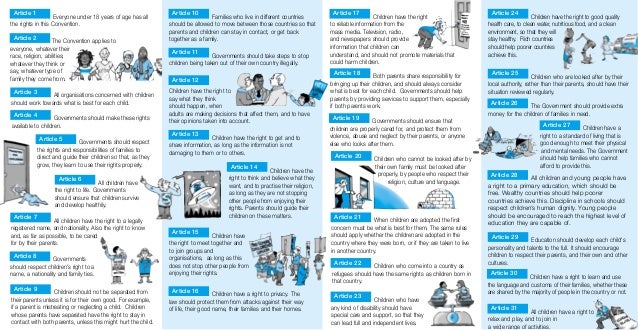
/prava/opecunam/
What rights do guardians have
Step 5
Write a CVCV is only for guardianship. It should reflect the main points of the life path: education, marriages and divorces, labor activity. Based on this information, the specialist judges the stability of the financial and family situation of the candidate for adoptive parents, as well as his experience of communicating with children. An autobiography should not be too voluminous: one or two A4 pages is enough. The document can be either written by hand or printed on a computer. nine0003
CV must include:
- Personal information. Surname, name, patronymic; date and place of birth; information about parents or persons replacing them; information about sisters, brothers, if any; place of permanent registration and address of actual residence, if it differs from the address of registration.
- Education. Basic education - years of study, school number and city where one is located.
 Higher education (if any) - years of study, name of the university, specialty. nine0120
Higher education (if any) - years of study, name of the university, specialty. nine0120 - Professional activity. Beginning of work experience - place of work and profession; listing periods of work and the name of employers, positions. The last place of employment is included with an indication of the position and salary; awards or events that positively characterize the candidate.
- Marital status. Family composition: spouse, children (last name, first name, patronymic, date of birth, occupation). Data on previous marriages and divorces (if any): information about spouses and children born in these marriages; the facts of changing the surname (if any) indicating the reason and the previous surname. nine0120
- Interests and additional information. Creative, sports, achievements in them; participation in public organizations, volunteer movement, awards and promotions; experience working with children or helping elderly relatives.
It is also necessary to briefly explain the reason for contacting the guardianship department.
Step 6
Complete a course or school for adoptive parentsThe list of required documents for adoption includes a certificate of completion of a program of psychological, pedagogical and legal training, or a school for future parents. nine0003
Art. 127 SK RF
Only close relatives of the child, namely grandparents, older full and half brothers and sisters, stepfathers and stepmothers, as well as those who are already a guardian, trustee or adoptive parent, can not be trained.
At school, prospective adoptive parents are helped to understand if they are ready for this serious step, and to figure out what form of guardianship will suit them; introduce the legislation, talk about the psychological difficulties that children and adults face both during the period of adaptation and after. nine0003
The length of study varies from school to school: a course can last from 56 to 80 academic hours. At the end, a final certification is carried out: after it, future adoptive parents will be issued a certificate of completion of training.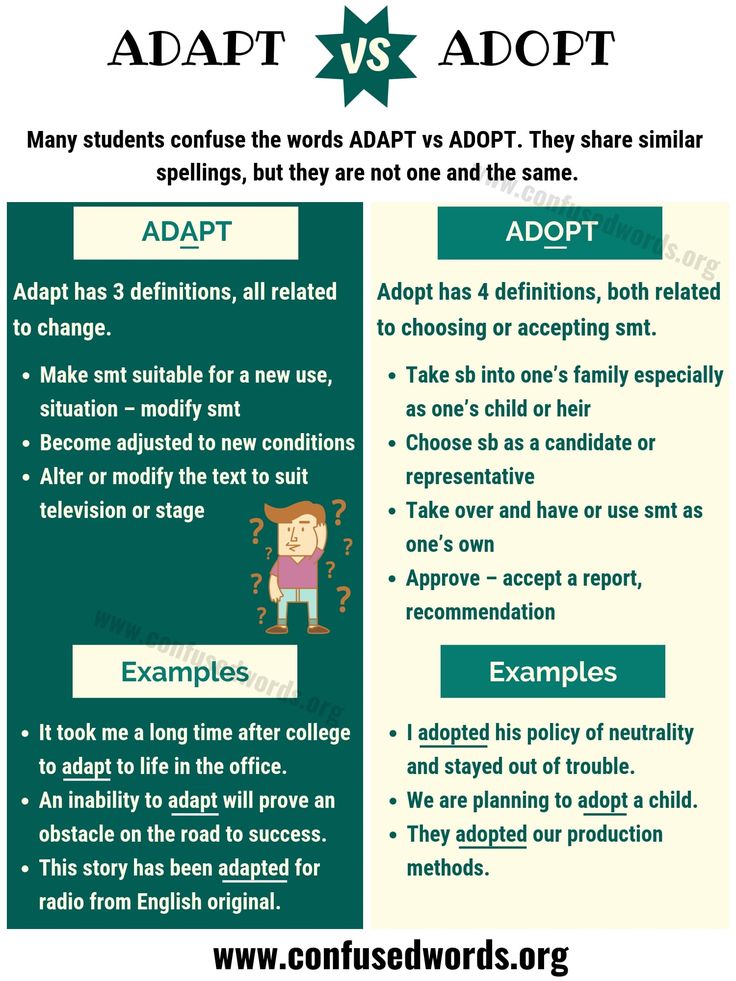
/child-custody/
I took three children from the orphanage
You can study for free at any school, regardless of the place of registration.
Foster Parent School Certificate FormStep 7
Get an act of checking housing conditionsWhen all the documents on the list are collected and transferred to the guardianship authorities, the adoptive parents will be assigned an inspection check of living conditions.
The guardian must inspect the housing and assess whether the child can live there. If other people live in an apartment or house in addition to the adoptive parents, guardianship workers will take an interest in their state of health and the relationship that connects them with the candidates for adoptive parents.
For verification, potential adoptive parents provide:
- An extract from the USRN confirming the ownership of housing or a contract of social or commercial employment.
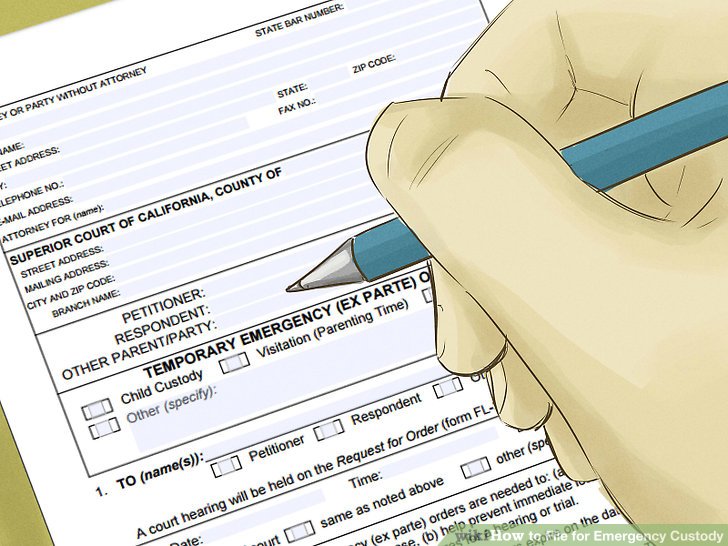
- Information on the number of residents registered in the housing area.
/guide/get-egrn/
How to get an extract from the USRN
Adoptive parents are not required to provide any other documents other than the above. The conclusion on the possibility of being a candidate for adoptive parents and registration takes place within ten days after checking the housing conditions. nine0003
What should be the place of residence of the adoptive parent. The place of residence of a person wishing to adopt a child does not have to coincide with the place of his registration. But it is necessary to have a permanent registration. If the candidate rents an apartment, he must provide a lease for more than one year. If living with relatives - a written agreement between them for the right to use.
A room in a hostel or apartment cannot be considered a permanent place of residence, no matter how comfortable it may be.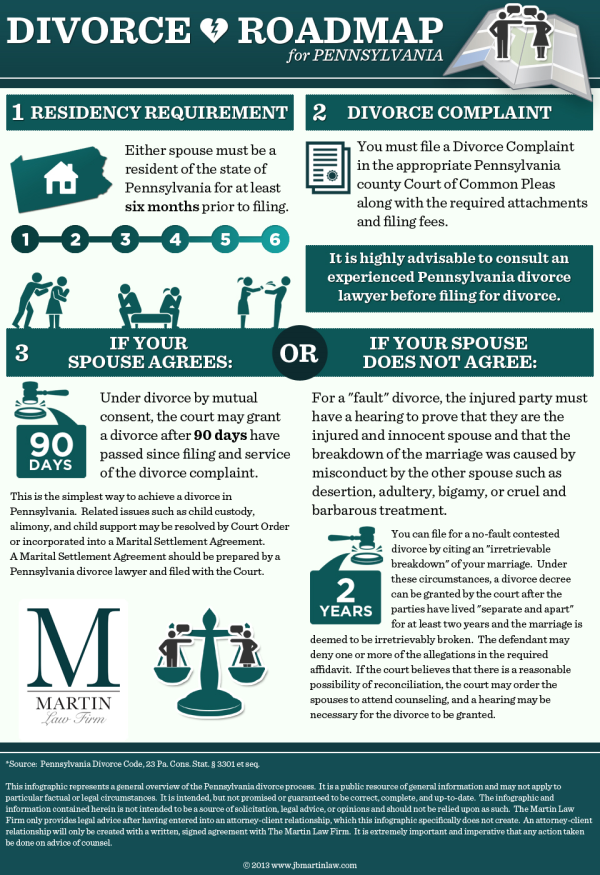 nine0003
nine0003
What should be the living conditions. In order for the child to live safely for his health and development, the living space of the adoptive parent must comply with sanitary standards. The main criterion is the availability of communal amenities: water supply, sewerage, central heating, gas supply, and so on.
Guardianship authorities can evaluate this without involving SES, BTI and other third-party organizations.
There are no federal restrictions on the size of housing for adoptive parents - the issue is at the mercy of the regions. For example, in Moscow, there should be at least 18 m² per person. But even when this rule is not observed, the final decision remains with the court: if the adoption is in the interests of the child, permission can be given to families with a smaller apartment area. nine0003
Art. 50 ZhK RF
Law on amendments to the RF IC
Step 8
Find a child for adoption To select a child, candidates can apply, at their choice, to any municipality in whose territory the orphanage is located, to a regional operator that is in each subject of the Russian Federation or in the Federal Data Bank on orphans and children left without parental care.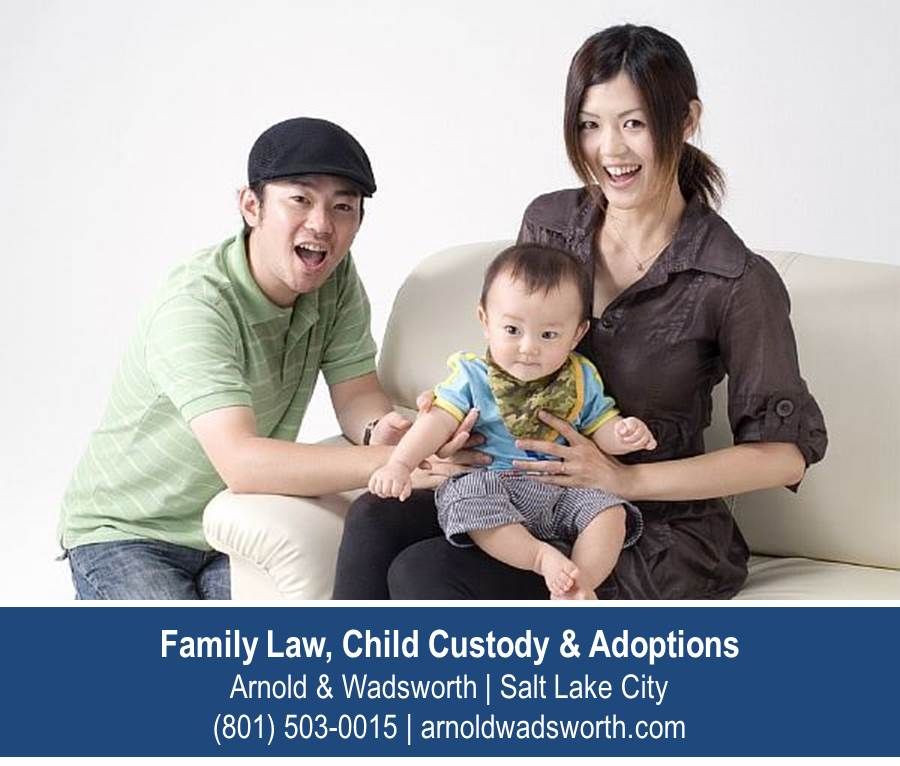 But the law does not prohibit the independent search for a child in orphanages. You can also search for a child before the candidate receives a conclusion on the possibility of being an adoptive parent, but they will not give a referral to view the child until that moment. nine0003
But the law does not prohibit the independent search for a child in orphanages. You can also search for a child before the candidate receives a conclusion on the possibility of being an adoptive parent, but they will not give a referral to view the child until that moment. nine0003
Federal Child Data Bank
When and which child can be adopted. A child who has the status of an orphan, or a child left without parental care, can be adopted at least a day before his or her majority.
Requirements for adoptive parents do not depend on the age of the child they want to take into the family. But if the case concerns a baby, whom the mother abandoned in the maternity hospital, then from her, as a legal representative, an additional statement of consent to adoption will be required. nine0003
Community 26.04.22
Is it possible to adopt an adult?
This is how the statement of consent to adoption looks like, which the biological mother writes in the maternity hospital What are the health groups of children during adoption. Health groups is a scale that determines the state of the body and the development of the child. This information is provided to adoptive parents by the regional operator of the database of orphans.
Health groups is a scale that determines the state of the body and the development of the child. This information is provided to adoptive parents by the regional operator of the database of orphans.
There are five health groups:
- The child is absolutely healthy. nine0120
- Practically healthy children without chronic diseases, but with some functional disorders. For example, children who have had severe and moderate infectious diseases, children with a general delay in physical development without endocrine pathology - short stature, low or overweight. The same group includes frequently ill children and children with noticeable consequences of injuries or operations.
- Children with mild curable pathologies and chronic diseases with rare exacerbations who are in remission at the time of the examination. nine0120
- Children with chronic diseases, injuries or operations that limit the child's life or require supportive care.
- Children with disabilities.

Pathologies in children are not an obstacle to adoption. However, before you take a child with a complex diagnosis, you need to soberly assess the strengths and capabilities. It is better to consult with specialists in advance on how to organize the process of education. You can also discuss this topic with foster parents whose families have children with similar diagnoses. nine0003
In reality, completely healthy orphans are rare. Children of the 1st-2nd health group, as a rule, are babies, who are abandoned in the maternity hospital by very young mothers. Basically, children of the 3rd group are taken to families, and orphans of groups 4-5 more often remain in children's homes.
/plastic-lids-help-kids/
How I became a foster mother to three girls
How is the meeting with the child. After the child is found, prospective adoptive parents go to the guardianship to which the specific institution belongs, or to the operator of the regional data bank through which the information was received, clarify the details and request a referral for a face-to-face visit.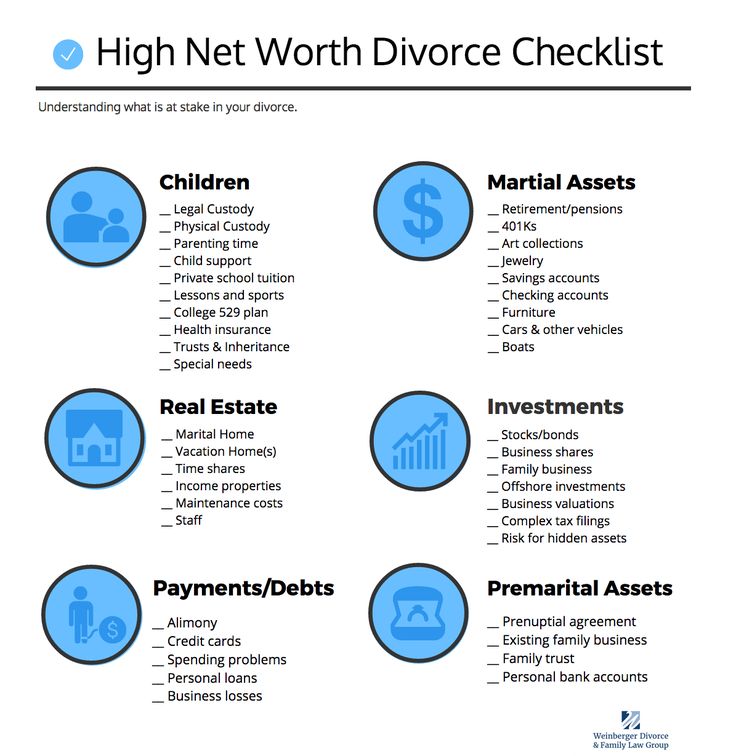 nine0003
nine0003
The referral is valid for 10 days, during this time, future parents can see the child one or more times, talk with his caregivers, pediatrician, psychologist. A conversation with the institution's specialists takes place before meeting the child. If, after this conversation, the failed parents turn around and leave, the child will not be traumatized by failure.
The number of referrals issued is not limited by law, that is, the search continues until the future adopter finds "his" child. A child who is ten years old will also have to express his opinion: agree in writing to a family placement or refuse it. nine0003
Art. 132 SK RF
At the end of the ten-day period, the candidate for adoptive parents will have to write on the referral one of the words that can radically change their future life: “I refuse” or “I agree”. If it was possible to find contact with the child and the consent in the guardianship authorities was recorded, the next step is to file an application with the court.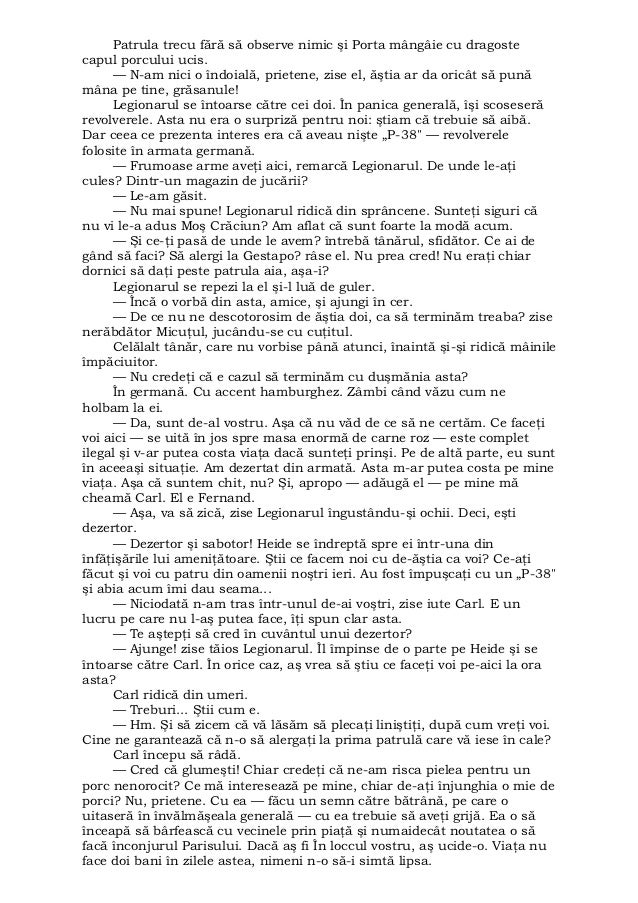
Step 9
Apply for adoption to the courtThis is a rather formal process: you need to come to the court during office hours, submit the documents according to the list, get their list in your hands and wait for the notice of acceptance of the case for proceedings, appointment of the court date. You don't need to pay state duty. nine0003
sign. 14 p.1 art. 333.36 TC RF
By law, the period for consideration of an application should not exceed two months from the date of its acceptance in the office. But the judges, as a rule, schedule a hearing for the next possible day.
How is the court session. Adoption cases are handled in a special manner. The adoptive parent, the representative of guardianship, the prosecutor and the child, if he is over 14 years old, must necessarily participate in the process.
/prava/prava-deti/
Rights of children under 18 years of age
Usually, a court decision enters into force 10 days after it is issued: only from this time do mutual rights and obligations arise between the adoptive parent and the child. If there are special circumstances and there are no objections on the merits of the case from all the participants, the judge may decide on the immediate execution of the decision: for example, if something threatens the life and health of the child and he needs urgent hospitalization.
If there are special circumstances and there are no objections on the merits of the case from all the participants, the judge may decide on the immediate execution of the decision: for example, if something threatens the life and health of the child and he needs urgent hospitalization.
An adopted baby can be taken home immediately after a positive adoption decision has been made by the court. At the same time, the maternity hospital must issue a postpartum sick leave from the date the decision enters into force when the baby reaches the age of 70 days, and when adopting two or more children - 110 days. A sick leave is needed to apply for maternity leave at the work of one of the adoptive parents. nine0003
Art. 157 of the Labor Code of the Russian Federation
Step 10
Obtain an adoption registration certificateTo do this, you need to contact the registry office: they will issue an adoption certificate and a new birth certificate of the child.
ch. V Federal Law on acts of civil status
V Federal Law on acts of civil status
The child is registered at the place of residence of the adoptive parents.
When can an adoption be canceled and parental rights deprive
Most often, cancellation occurs due to the guilty behavior of the adoptive parents. For example, if they shirk parental responsibilities, abuse their rights, abuse a child, abuse alcohol or take drugs. nine0003
A claim for the annulment of an adoption may be filed by the adoptive parents themselves, the guardianship and guardianship authorities, the prosecutor and the child if he has reached the age of 14.
Art. 142 SK RF
However, the court has the right to cancel the adoption even if there are no violations on the part of the parents.
Such cases include the identification of hereditary developmental abnormalities in a child that make it difficult or impossible to bring up. As a rule, when receiving an expert medical opinion on an adoptee, the future adopter confirms in writing his consent to familiarize himself with the diagnosis of the child and the history of the mother.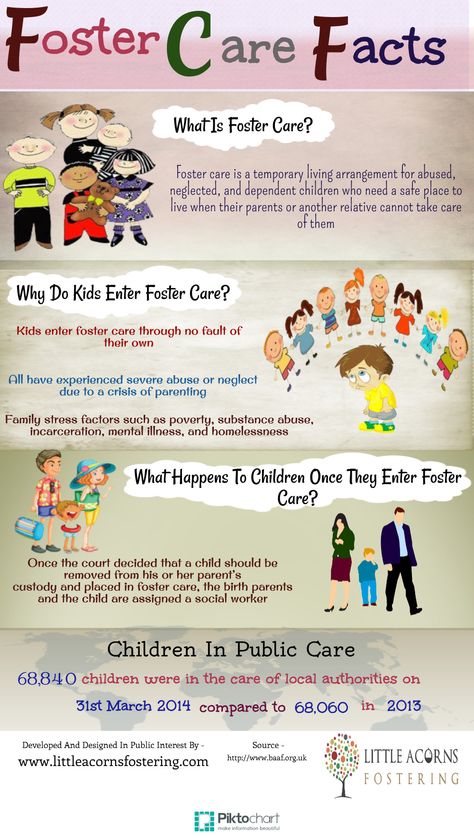 If the violation was not listed in the document and appeared later, or the adopter for some reason was not notified under the signature about the presence of a pathology in the child, the adoption may be canceled. nine0003
If the violation was not listed in the document and appeared later, or the adopter for some reason was not notified under the signature about the presence of a pathology in the child, the adoption may be canceled. nine0003
/guide/lishenie-parent/
Why they can deprive of parental rights
But in practice, I came across the fact that foster parents became attached to children and even when a serious illness was detected, they left them in the family.
Adoption in brief
- Before adopting a child, you need to analyze your motives, weigh the pros and cons.
- When visiting guardianship authorities and other authorities, be sure to ask and write down the last name, first name, patronymic of the specialist, as well as his position. You are required to provide this information. This way you will show that you are competent in matters of communication with officials and are able to appeal against illegal actions.
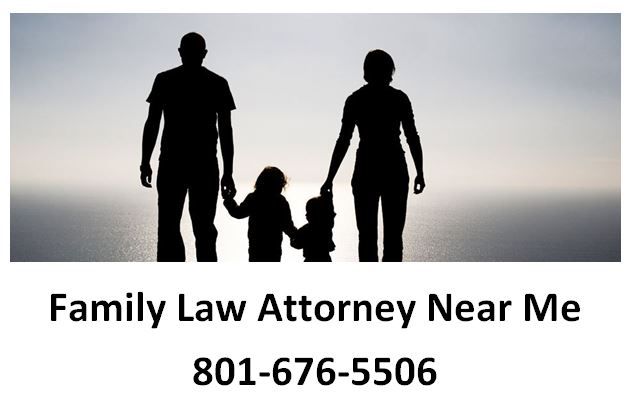 In the future, this may be useful for contacting higher and regulatory authorities. nine0120
In the future, this may be useful for contacting higher and regulatory authorities. nine0120 - Submission of applications, medical examinations of adoptive parents and children, obtaining all certificates - all this is free of charge for future adoptive parents. The court fee is also not charged.
- You can study at any school for foster parents, regardless of the place of registration.
- A child can be adopted not only by a married couple, but also by unmarried persons. The main thing is that they comply with the requirements established by law.
- The conclusion on the possibility of being a candidate for adoptive parents is valid for two years. nine0120
Who does not need to attend the Adoptive Parent School for Adoption and Custody
One of the most frequently asked questions when applying for guardianship and guardianship is who may not undergo preliminary training (Foster Parent School), which has become mandatory since autumn 2012. Our author, Alexey Rudov, a specialist in family organization, understands this difficult legal and practical issue.
Our author, Alexey Rudov, a specialist in family organization, understands this difficult legal and practical issue.
What Law
Says nine0002 Federal Law of November 30, 2011 No. 351-FZ “On Amendments to Articles 127 and 146 of the Family Code of the Russian Federation and Article 271 of the Civil Procedure Code of the Russian Federation came into force on September 1, 2012. It establishes that they cannot be adoptive parents and guardians of a person:- (for those wishing to adopt) - persons who have not undergone training in the manner prescribed by paragraph 4 of this article (except for close relatives of the child, as well as persons who are or were adoptive parents and in respect of whom the adoption was not canceled). nine0635 (the last paragraph of clause 1 of article 127 of the RF IC).
- (for those wishing to become guardians) - persons who have not undergone training in the manner prescribed by paragraph 4 of Article 127 of this Code (except for close relatives of children, as well as persons who are or have been guardians (custodians) of children and who have not been suspended from performing the assigned duties on them).
 (last paragraph, clause 1, article 146 of the RF IC.
(last paragraph, clause 1, article 146 of the RF IC.
As can be seen from the above rules, the following exceptions are made for prospective adoptive parents, and preparation is not required for:
- close relatives of the child (close relatives are grandparents, direct brothers and sisters),
- persons who are or were adoptive parents and in respect of whom the adoption has not been cancelled. This means that if a person was an adopter and the adoption has not been canceled or there is a minor child, then they are not required to undergo training in order to adopt another child.
How things are in practice
However, the current text of the norm does not take into account several circumstances. nine0020 So if the adopter would like to take the child into custody or planned to adopt, but the child chosen by him cannot be put up for adoption and can only be adopted under guardianship, then the adoptive parent will need to undergo training to become a guardian.
There is a similar nonsense in the text of the guardianship rule. So, a guardian cannot adopt his ward, who is already being brought up with him, or adopt another child without undergoing training, there are no exceptions for him - this is not provided for by the norm. nine0003
An amendment to these articles is being prepared to allow adoptive parents to take custody of a child and guardians to adopt without training, but until the amendments come into force, the requirements for them to undergo training remain in place.
There is one more point in the existing system, which is often erroneously interpreted by the guardianship authorities not in favor of the guardians. It concerns a guardian appointed under the technology of preliminary appointment. By transferring the child to the guardianship of a pre-appointed guardian, without providing a full package of documents, the guardianship authorities for some reason consider that such a guardian is an “under-guardian”, and insist that such a guardian undergo training, otherwise they will not issue him guardianship in the usual way. It's a delusion. nine0003
It's a delusion. nine0003
The law does not provide for a separate requirement for a preliminary guardian to undergo training, and the rule for excluding him from the list of persons not required to undergo training is in force for him. The law is not at all interested in how a guardian was appointed, because we are talking about guardians in general and everyone.
The fact is that such a citizen is the guardian, legal representative of the child, and is subject to an exception to the requirement to undergo training. Otherwise, it would be expressly stated in the norm of the law, since restrictive requirements are not subject to broad interpretation. nine0003
What to do if the guardian unlawfully requires you to attend the Foster Parent School
Guardianship professionals who require a pre-appointed guardian to complete mandatory training are encouraged to learn the basics of law. It is possible to understand a specialist, as a rule, excessive requirements arise due to uncertainty in one’s knowledge, fears that a prosecutor’s check will reveal mistakes and, of course, it is psychologically difficult, one has to deviate from the usual rules and take responsibility.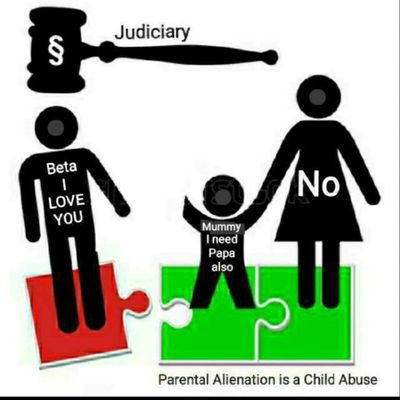 But you should not go on about - let them learn. nine0003
But you should not go on about - let them learn. nine0003
Pre-appointed guardians who are required by professionals to undergo training are advised to ignore the illegal request and apply for guardianship in the normal way, with all documents attached, except for the certificate of training.
In case of refusal to accept the application in person, it is better to send the documents through the office or send by registered mail with acknowledgment of receipt. The threats of specialists “give it, give it, we will refuse you anyway” is, unfortunately, a frequently used and proven technique, by which they are just trying to prevent the filing of a written appeal. The submitted written appeal will force specialists to start working with him, consult, look into textbooks and do everything right. To make it easier for the specialist to make a decision and to support him, I recommend attaching the first part of this explanation together with the application. nine0003
changeonelife.
